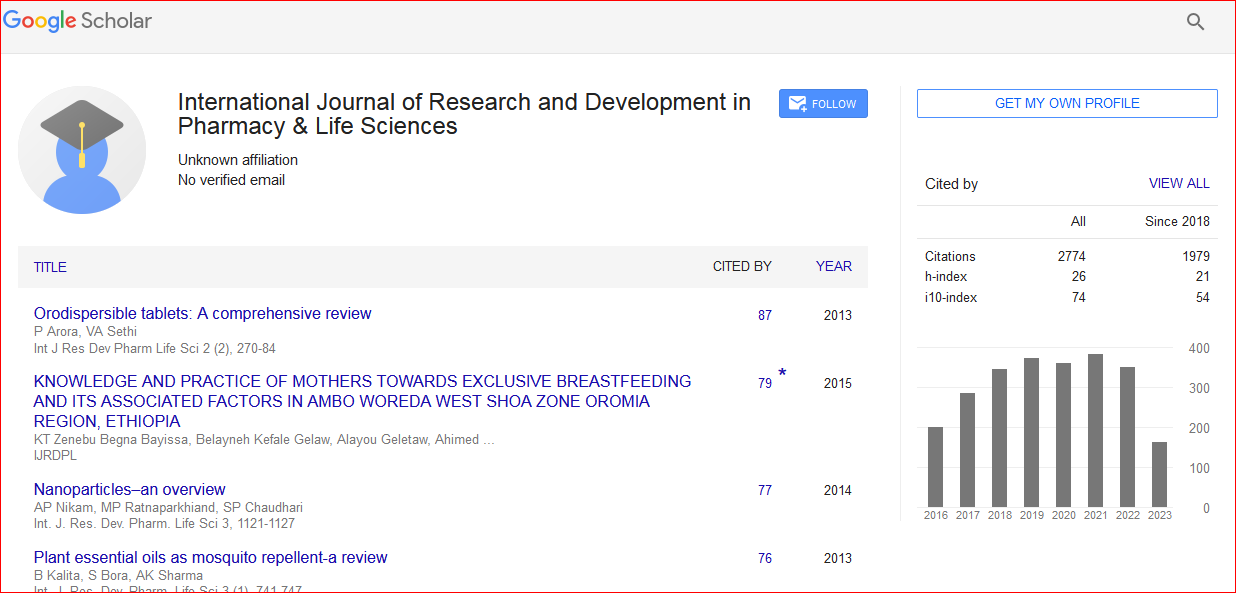Research Article
KNOWLEDGE AND PRACTICE OF MOTHERS TOWARDS EXCLUSIVE BREASTFEEDING AND ITS ASSOCIATED FACTORS IN AMBO WOREDA WEST SHOA ZONE OROMIA REGION, ETHIOPIA
Abstract
Back ground: Breastfeeding is an important public health strategy for improving infant and child morbidity and mortality, improving maternal morbidity, and helping to control health care costs. The World Health Organization (WHO) and United Nations Children’s Fund (UNICEF) recommend that every infant should be exclusively breastfed for the first six months of life, with breastfeeding continuing for up to two years of age or longer.
Methods: A community based cross-sectional study was employed. Sample size was determined by using single population proportion formula and four hundred three lactating mothers who have breastfed for 6 months and up to two years was selected by Simple random sampling technique. All explanatory variables that were associated with the outcome variable during bivariate analysis were included in the final logistic model. A multivariate logistic regression analysis was made to identify the predictors of maternal knowledge about exclusive breastfeeding practices.
Result: The mean duration of exclusive breast feeding among woman in the study subjects was 5.87 months with standard error of 0.025. The prevalence of exclusive breast feeding is 305(82.2%). Three hundred thirty seven (90.8%) of mothers were Knowledgeable. The actual practice of exclusive breast feeding was 305(82.2%). Among the total variables which were included in the analysis only three variables shows positive association with mothers EBF status. These are knowledge of EBF, ANC follow up and women occupation. House wife women were two times more likely exclusively breast feed their child comp aired to those employed (OR=2.42 CI=1.36, 4.33 P value = 0.022).
Conclusion and Recommendations: The study finding implies there is a gap between the current knowledge and actual practice of exclusive breast feeding in line with the WHO recommendations. Therefore, collaborative efforts have to be exerted at different levels, relevant stake holders, health providers together with the community to improve the situation.

 Spanish
Spanish  Chinese
Chinese  Russian
Russian  German
German  French
French  Japanese
Japanese  Portuguese
Portuguese  Hindi
Hindi 
